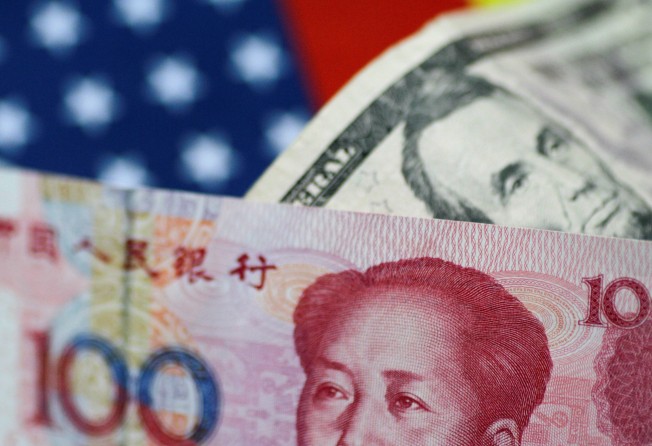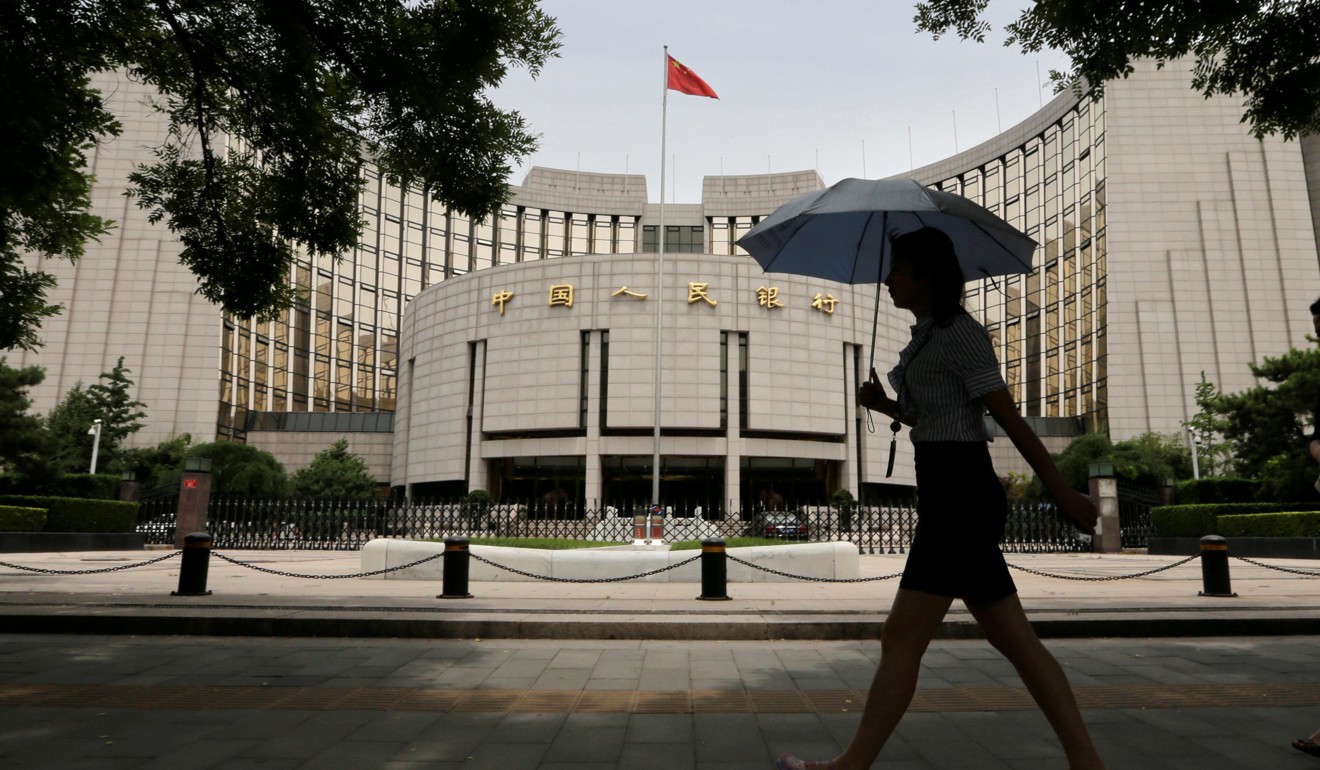US-China trade war not the only threat for Beijing as rate gap shrinks
Interest rate gap between the two economies has narrowed to about 60 basis points

The trade war is not the only factor for Beijing to worry about from the US, with China also needing to carefully watch any monetary tightening from across the Pacific, despite the Federal Reserve’s decision on Wednesday to keep its benchmark interest rate unchanged.
While the trade disputes between Beijing and Washington are grabbing headlines as punitive tariffs and import restrictions threaten to affect China’s exports, a continuous rise in the US interest rate level – after the 10-year yield of the benchmark US treasury bills hit a four-year high – may translate into growing capital outflow pressure on China to disrupt Beijing’s efforts of reducing financial risks, analysts said.
The Fed is still on course to raise its benchmark rate further, despite a pause after six benchmark rate hikes since December 2015.
The interest rate gap between the two economies – a key factor underlying cross-border capital flows – has narrowed to about 60 basis points after the 10-year US treasury yield surpassed the psychological mark of 3 per cent late last month, for the first time since January 2014.
A decent interest rate gap between China and US, and the resulting net capital inflows, had allowed the People’s Bank of China to maintain ample domestic liquidity. Capital outflow, or even a drying up of inflow, could push the Chinese central bank into dangerous territory.
“Any [US] actions that are bigger than expected, such as a steep rise of bond yield, could exert great pressure on China and divert its neutral monetary stance to pro-tightening,” said Ding Shuang, chief China economist of Standard Chartered Bank.
At the same time, a tightened monetary policy stance could reduce liquidity in China and create immediate debt repayment stress at home, Ding said.
The People’s Bank of China has been responding to US rate hikes only by raising short-term interbank policy rates 5 or 10 basis points each time.

Meanwhile, it had resorted a broad-based cut in required reserve ratio – the ratio of deposit a commercial bank is told to give the central bank – to provide additional liquidity to the banking system.
Beijing had been caught in a vicious cycle of yuan depreciation and capital outflows when the US tapered quantitative easing and kick-started the rate hikes at the end of 2015.
However, the situation has improved thanks to its economic recovery and strict capital account control.
China’s newly appointed central bank governor Yi Gang put on a brave face in addressing the external pressure.
Yi said at a forum last month that the bilateral interest rate gap had stayed in a “comfort zone” of 80-100 basis points and China was “well prepared” to handle rate hikes in other countries.
“We will continue to be prudent … The current setting of monetary policy and interest rate gap is overall stable and good for the economic development,” he said.
Shen Wenzuo, a bond analyst with Zheshang Futures in Chinese city of Hangzhou, said the central bank could tolerate a narrower spread between China-US bond yield because their relevance had been weakened and outflow pressure had ebbed.
The yield of 10-year Chinese treasury bonds has dropped by nearly 40 basis points so far this year to about 3.6 per cent, as supported by the “marginal loosening” of monetary policy and the government’s cost reduction efforts, one of four tasks in the country’s ongoing structural reforms, she said.
“A high interest rate does no good to the economy,” Shen said.
Ming Ming, chief fixed-income analyst of Citic Securities, said the rise of US treasury yield may have overshot.
“The rise has deviated from fundamentals and its sustainability remains doubtful,” he wrote in a recent research note. As such, its impact on China may be limited.
The US Treasury yield retreated slightly on Wednesday after the Federal Open Market Committee kept rates unchanged and reiterated inflation was moving towards its target. The Fed is widely expected to raise rate by 25 basis points next month.